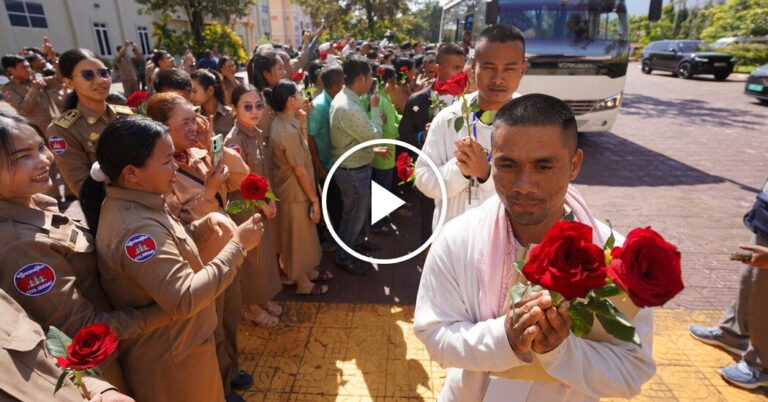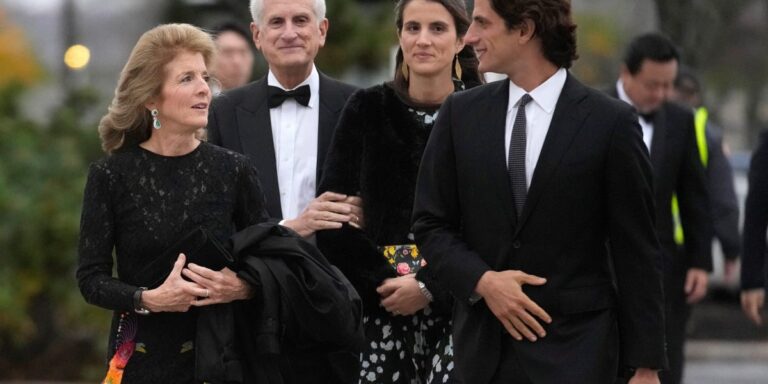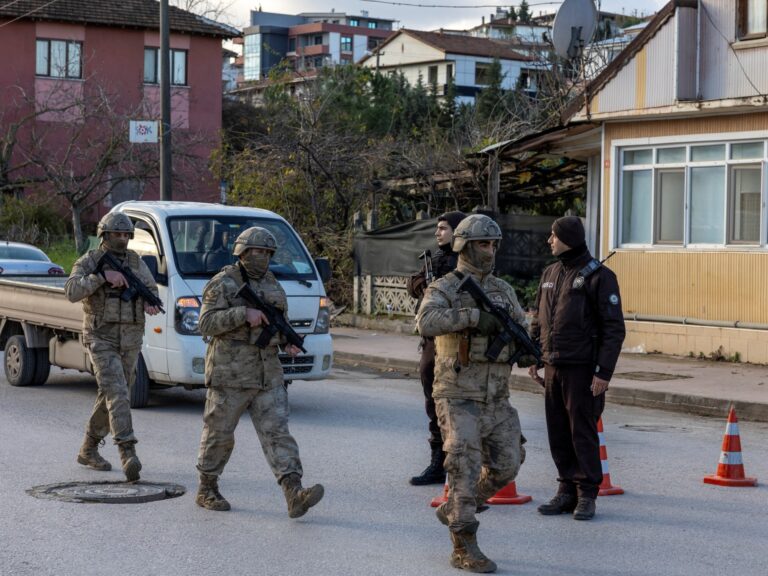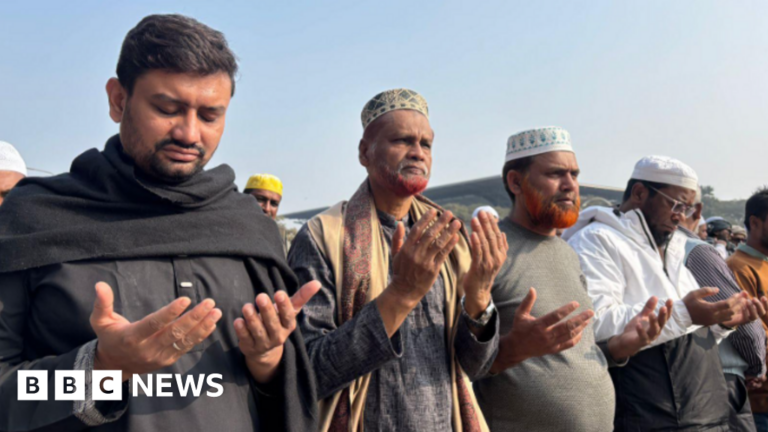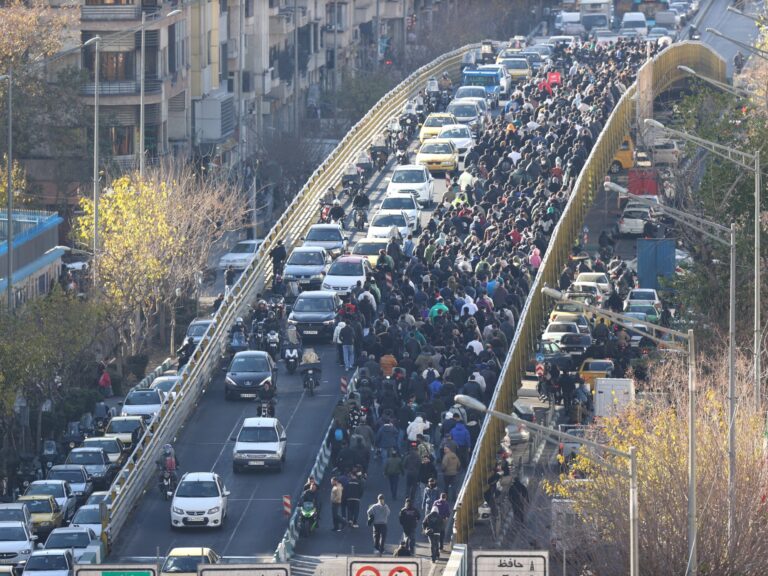Sitting around a fire is surely one of the outdoors’ greatest simple pleasures. Living on the coast, I enjoy driftwood bonfires that are not just decorative, they keep you warm enough to sit out on a stony British beach after sundown year-round.
So today’s question is: does such a basic ancient pleasure need the benefit of modern science for improvement?
Well, how about that moment the wind shifts to give you a face full of smoke? What about that sinking feeling the next morning when you realize every item of clothing stinks of old embers? What about building that crackling, impressive looking fire that is giving off hardly any heat at all?
That’s why ingenious outdoor types spend hours looking at the dying embers. They’re pondering how to make the whole experience better. And one new ingenious piece of outdoor kit shows where all that fire-side thinking can lead you.
Packfire
The Packfire is like an ultra-sophisticated version of making a fire in an old oil drum or trash can. Yes, it’s a tall metal cylinder, but it folds flat to fit a backpack and, best of all, has a clever double skin design with a steel inner and aluminum outer. This uses air holes to create a flow which burns off excess smoke. It’s like a perfect portable fireplace.
Of course, Packfire’s makers aren’t marketing this as a smokeless trash can, they’re calling it a portable firepit. It’s fit for camping, mountains, beaches or in the snow. You could even warm your hands and toast marshmallows in your own backyard.
To me the word ‘firepit’ implies a more bowl shape, whether you’ve dug it into the dirt or using an upturned trash can lid, but you get the idea. The Packfire is basically a classier version of an old oil drum with holes poked through. It has to be made to seem trendy and fancy of course, to justify a price tag that will make your eyes water quicker than a badly lit bonfire. It’s a dollar shy of US$400.

Packfire
For that you get the 17-inch (43-cm) tall canister, a foldable base with feet that raise it off the ground, and a lightweight backpack to carry it all. The Packfire is as neat and efficient as you’d expect at that high-end price: it take less than a minute to unfold the bits and set it up. After a fire there’s an ash tray to dump the embers safely.
The cleverest bit is using the science of secondary combustion. Its twin-skin airflow recirculates heat in a way to accelerate second burn, which eliminates smoke. Keep the air holes of the Packfire clean and it promises a stronger flame that uses less wood and better heat distribution too (no more huddling on one side). Sadly, if you burn any old crap you can find within a small radius of the site, like me, you’ll still get some smoke and smells, but not as much. Use proper seasoned hardwood and you’ll barely get a whiff.
Proper cooking over the fire may have to wait until the company releases the cooking top that’s being worked on. I’d probably experiment with sticking things on skewers and see what happens.

Packfire
The Packfire recently won an award at an outdoor marketing showcase in Colorado and has already been praised by some outdoor journos. But we’re a bit harder hearted and worry that the $400 bill for a bonfire isn’t the only downside of this super advanced firepit.
The design is good but the whole backpack with the Packfire folded inside weighs in at a hefty 35 lb (16 kg), which is about the same a small child. It’s almost as bulky as a wriggling toddler strapped to your back too. Would I lug it down to the beach every time I want a social sunset? Maybe it takes away some of that free spirited, spontaneous simple-life joy of a wilderness fire. It comes down to whether you think it’s worth 400 bucks to have less smoke in your eyes.
Alternatively, you can shop around and there are plenty of rivals at a fraction of the price. The science of secondary combustion isn’t new. Trade parameters like size, foldability and style and you could get something that reduces smoke somewhat for a fraction of Packfire’s price. Or maybe you’ll just stick with that old trash can till you win the state lottery.
Source: Packfire




